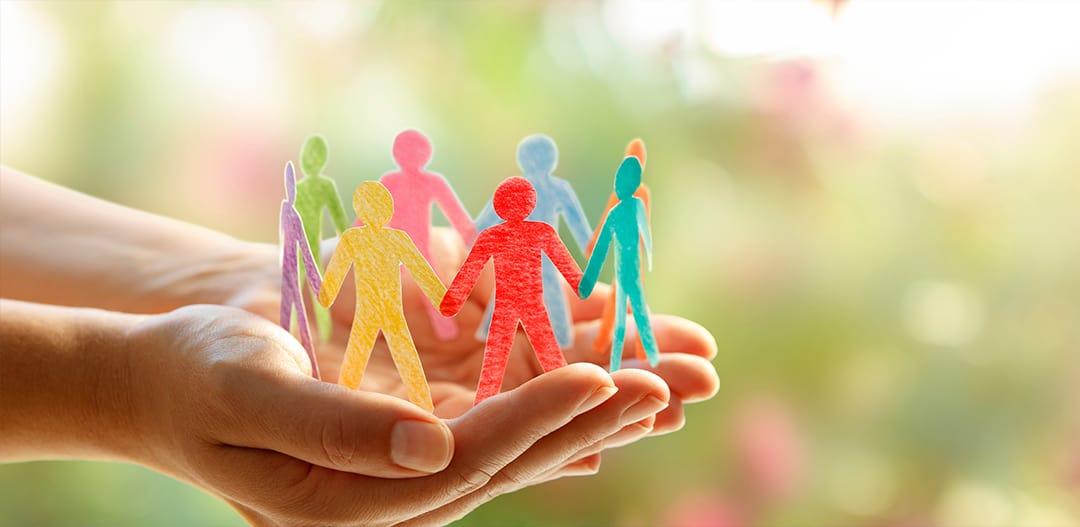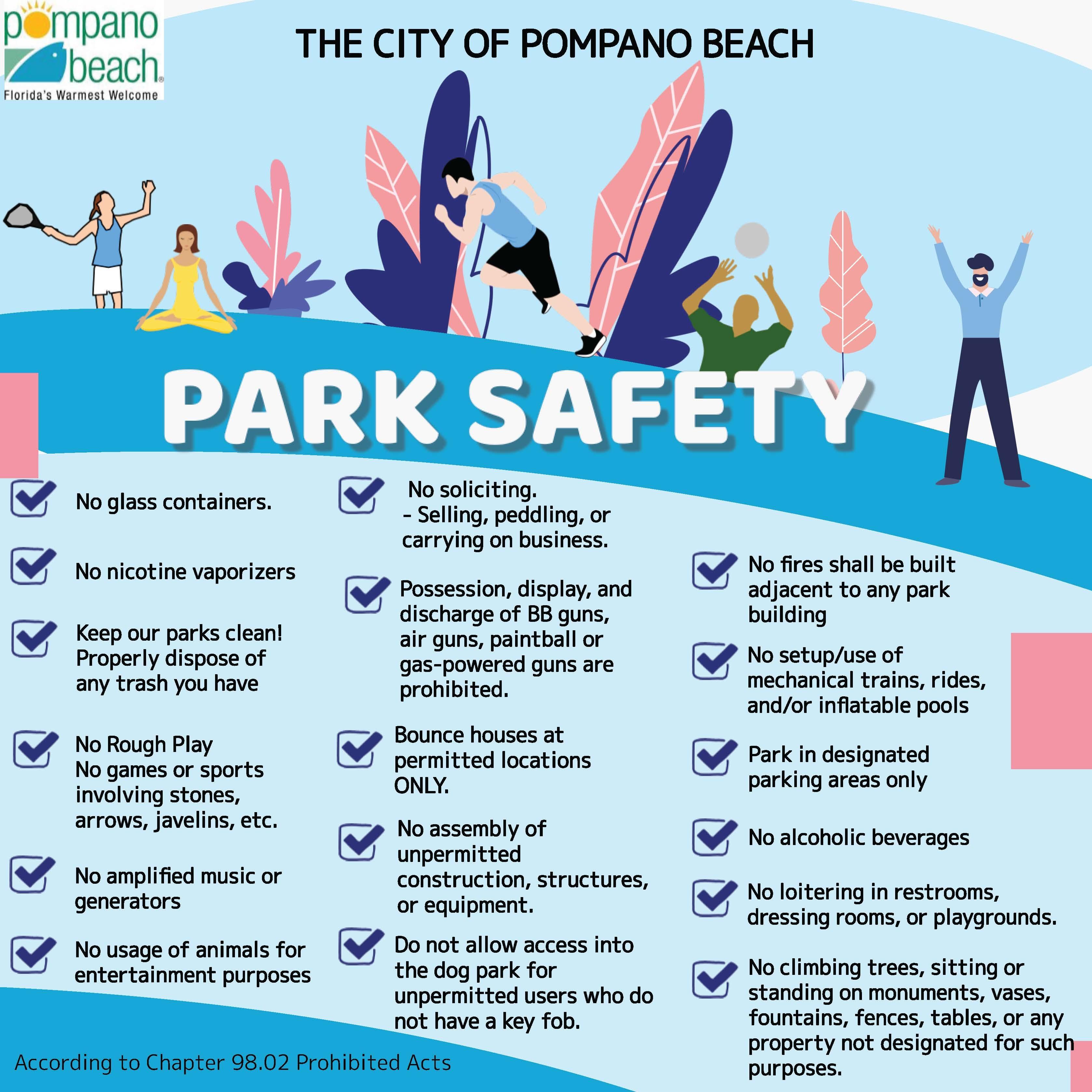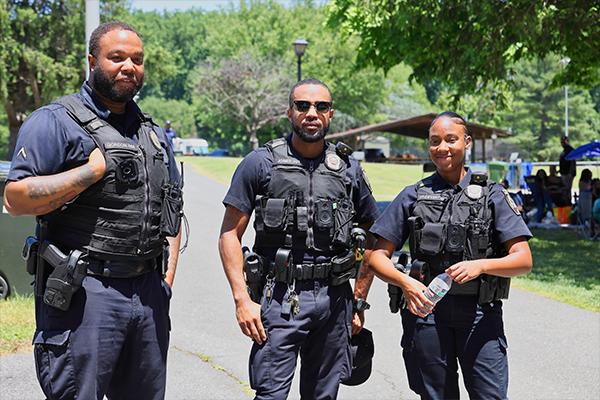In the serene yet powerful expanse of Niagara Falls State Park, where nature’s beauty often captivates the hearts of millions, a somber incident has drawn the attention of park police and the community alike. Authorities are currently conducting a search for an individual believed to be a victim of suicide, a tragic event that underscores the importance of mental health awareness and support. As park officials navigate the emotional complexities of this situation, it prompts a broader conversation about the silent struggles faced by many and the critical resources available to those in need. In this article, we delve deeper into the ongoing search efforts, the response from local authorities, and the vital role of compassion and understanding in addressing mental health crises.
Park Police Efforts in the Search for a Missing Individual at Niagara Falls
Authorities at Niagara Falls State Park are mobilizing significant resources in their ongoing search for the missing individual. Park Police have coordinated efforts,bringing together local law enforcement,search and rescue teams,and volunteers from the community. Throughout the process, officers are utilizing advanced technology and traditional search methods to cover the vast and complex terrain surrounding the falls. Key efforts include:
- Drone Surveillance: Equipped with thermal imaging to scan hard-to-reach areas.
- Foot Patrols: Officers are conducting thorough searches along popular trails and less-frequented paths.
- Community Engagement: Local residents are being asked to report any sightings or information that may assist in the search.
As search operations progress, the Park Police are also emphasizing the importance of mental health support for the community. recognizing the emotional toll such incidents can have, they are collaborating with mental health professionals to offer resources and guidance. In addition to search efforts, the following initiatives are being implemented:
| Initiative | Description |
|---|---|
| Information sessions | Regular briefings to keep the public informed and involved in the search. |
| Hotline Services | 24/7 hotline for tips and support to friends and family affected. |

Understanding the Importance of Mental Health Resources in Outdoor Spaces
In recent years, the meaning of integrating mental health resources into outdoor spaces has garnered increasing attention. Parks and natural environments play a vital role in promoting psychological well-being, offering individuals a sanctuary away from the hustle and bustle of urban life.Access to nature has been linked to reduced anxiety, improved mood, and a greater sense of community.It is crucial that these spaces are not only places for leisure but also serve as safe havens where mental health support is readily available. communities should prioritize the development of resources such as:
- Crisis intervention hotlines stationed in public areas
- Guided mindfulness and meditation programs held in the park
- Support groups that utilize outdoor settings
- Educational workshops focused on mental health awareness
Moreover, connecting individuals with mental health resources in outdoor spaces enhances the accessibility and visibility of such services. Easy access can reduce the stigma associated with seeking help, fostering an environment where individuals feel agreeable discussing their challenges. Initiatives like mental health days in parks can reinforce the importance of care in nature, promoting a culture of support. To further this cause, community members should advocate for:
- Increased funding for mental health programs in public spaces
- Collaboration between mental health organizations and local parks
- Awareness campaigns that highlight available resources

Community response and Support: How We Can Help Those in Crisis
In times of crisis, the strength of a community can make a significant difference for those facing overwhelming challenges. Initiatives such as local mental health hotlines, peer support groups, and awareness campaigns can provide essential resources and connections for individuals in distress. The community can unite to promote understanding and empathy, ensuring that those grappling with thoughts of self-harm feel less isolated and have access to the appropriate help. Here are some vital resources we can advocate for:
- Community Hotlines: Provide immediate support and confidential assistance.
- Awareness Events: Organise workshops to educate the public about mental health issues.
- Support Groups: create safe spaces where individuals can share their experiences and emotions.
Furthermore, collaboration with local authorities and organizations can enhance these efforts. By forming partnerships with mental health professionals, community leaders can facilitate specialized training for responders who encounter individuals in crises, ensuring they are equipped with the tools to offer compassionate support. It’s crucial to establish a clear framework for community involvement, incorporating both preventive measures and responsive actions to crises. This collaborative approach fosters a supportive environment, paving the way for healing and recovery:
| Community Initiative | Purpose |
|---|---|
| Emergency Outreach Programs | Provide immediate support in crisis situations. |
| Volunteer training Sessions | Equip community members to assist effectively. |
| Public Awareness Campaigns | Reduce stigma and promote mental health resources. |

The Role of Park Safety Measures in Preventing Future Tragedies
Ensuring the safety of visitors in parks, especially locations with stunning yet perilous features like Niagara Falls, is paramount. Implementing robust safety measures can significantly mitigate risks and prevent tragedies. Some potential strategies include:
- increased Surveillance: Employing park police and monitoring technologies to keep a vigilant eye on vulnerable areas.
- Warning Signage: Erecting clear and visible signs that outline safety guidelines and highlight risky spots.
- Barrier Enhancements: Installing physical barriers in high-risk zones to deter dangerous behavior and accidental falls.
- Crisis Intervention Training: Providing staff and park rangers with training to recognize and respond to mental health crises effectively.
Adopting these measures not only fosters a safer environment but also encourages proactive engagement from the community. A collaborative approach, involving local authorities, mental health professionals, and the public, can lead to a comprehensive safety strategy.Potential community efforts include:
- Awareness Campaigns: Launching initiatives to educate visitors about the importance of adhering to safety protocols.
- Support Resources: Creating accessible resources for individuals in distress, including helplines and support centers.
- Regular Safety Assessments: Conducting routine evaluations of park areas to identify and rectify potential hazards.
In Conclusion
As the search for the missing individual continues at niagara Falls State Park,the community grapples with the somber reality of loss and the importance of mental health awareness. Each ripple of water cascading into the depths below serves as a poignant reminder of the fragility of life and the urgent need for compassion and support. As park police diligently pursue leads and work to bring closure, we are reminded that behind every headline lies a story of struggle and hope. If you or someone you know is facing similar challenges, please seek help—there are resources and individuals ready to listen. Together, we can foster a culture of understanding and encouragement as we navigate the complexities of mental health. Stay tuned as we follow the developments in this ongoing effort, and remember to take a moment to cherish the connections we hold dear.

